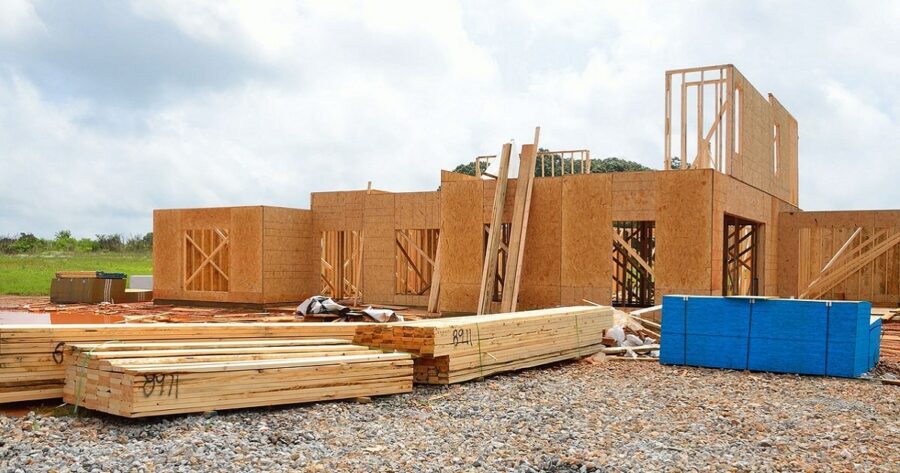More Housing Coming To Ugpi’ganjig First Nation With Acquisition Of 56.14 Acres
- Naomi Dela Cruz
- Atlantic Canada
- Trending
- March 3, 2023

Canada has prided itself on being inclusive, respectful and welcoming to all its citizens, but when it comes to Indigenous peoples, the reality is often far from that. One of the most pressing issues Indigenous communities in Canada face is the housing crisis. While this problem affects many Canadians, it is particularly severe on Indigenous reserves.
Today, Parliamentary Secretary Jaime Battiste and Chief Sacha LaBillois of the Ugpi’ganjig First Nation in New Brunswick announced that the Ugpi’ganjig First Nation, formerly known as Eel River Bar First Nation, has acquired an additional 22.72 hectares (56.14 acres) of land, which highlights the dire need for more investment in housing for Indigenous communities.
Moreover, the community’s Rapid Housing Initiative (RHI) spearheaded by the Canada Mortgage and Housing Corporation (CMHC) has granted a federal investment worth $5.4 million towards the construction of 27 new houses within the region. The Indigenous Services Canada (ISC) has also extended its assistance by providing $350,000 to facilitate the construction of these homes. This remarkable initiative will improve the community’s housing conditions and living standards, providing them with a better quality of life.
Indigenous communities in Canada have been dealing with inadequate and overcrowded housing for decades. According to the Canada Mortgage and Housing Corporation (CMHC), “over half of all homes on Indigenous reserves are in need of major repairs, and over one in six Indigenous people (17.1%, or 309,345 people) lived in housing that was considered not suitable for the number of people who lived there, according to the National Occupancy Standard.”This situation is not only unacceptable but also violates the basic human rights of Indigenous peoples. New homes are urgently required to meet the current demand.
The lack of adequate housing has serious consequences for Indigenous communities. The data has confirmed overcrowding increases the risk of illness, disease, and mental health issues. It also has a profound effect on Indigenous youth’s education and job prospects, as they often have to leave their communities to find suitable housing.
The federal government has a responsibility to ensure that the basic needs of Indigenous communities are met, and this includes housing. Today’s announcement by the Ugpi’ganjig First Nation and the government of Canada is a step in the right direction, but much more needs to be done. The federal government must provide more housing funding and invest in infrastructure and services to support Indigenous communities, like roads and clean drinking water.
In addition to providing funding and support, the federal government must also work with Indigenous leaders and communities to develop sustainable solutions to the housing crisis. This means engaging in meaningful consultation and collaboration with Indigenous communities, respecting their inherent rights and sovereignty, and working towards reconciliation.
The housing crisis in Canada, particularly on Indigenous reserves, is a complex issue that requires a long-term, comprehensive approach. While today’s announcement by the federal government is a positive step, much work still needs to be done. The federal government must prioritize the needs of Indigenous communities and work towards building strong, healthy, and sustainable communities for future generations.








